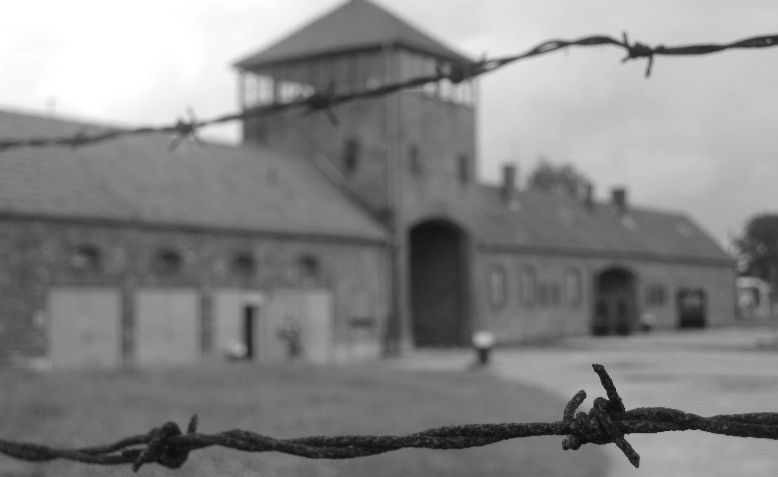
Never again! This requires action now, as well as reflection, argues Reuben Bard-Rosenberg
Today marks the 75th anniversary of the liberation of Auschwitz.
In the past, I have approached this day with an ostentatiously hard exterior – revelling in the power of the Red Army who liberated the camps, and the punishment of the fascist soldiers who were captured. We find our ways to avert our eyes from the sight of the shaven-headed prisoner – whether that means focusing upon the tracks of the t-34 tank, or speaking only about moral lessons for the present.
In truth, this day did not represent a happy ending.
Just 7,000 people were left in Auschwitz. The time to aid the Jewish population of Europe was not the 27th January 1945. It had passed long before, when nations across the world shut their doors to desperate refugees.
Here in England, we take a certain unwarranted pride in the history of the Kindertransport – a fairly brutal compromise between the impulses of the nation state and the needs of those in mortal danger – which enabled some Jewish children to be taken in, but on the condition that they would ultimately be orphaned, since their parents were not allowed to join them.
To think in any depth about any single personal tragedy is to understand that the thing as a whole can never fully lie within our moral or emotional comprehension.
Let us say Never Again! but let us think about everything that this means.
It means doing whatever we can to roll back the spread of antisemitism. Sometimes that will mean explaining something to somebody who doesn’t get it. And sometimes that will mean aggressively marginalising somebody who is determined not to get it.
It means fighting back against the assault on Roma/Traveller camps that the Johnson government is getting ready to expand.
It means speaking up for the humanity not only of those who are easy to defend but also of those we are conditioned to despise or to discount.
It means treating every refugee in a detention centre as a burning injustice.
It means fighting fascists and those politicians who would compromise with fascists.
It means continuing to tell stories about the Danish fishermen and leftwing activists who rescued nearly all of that country’s Jews.
It means teaching children that following the law and deferring to authority is not an ethical commandment.
And it means winning people over to socialism. A politics whose foundational principle is our equality as human beings. A politics that demands brotherhood across ethnic boundaries, not simply as an abstract principle but as a practical necessity for winning what is ours. And a politics that enables us to respond to claims of immigrant-job-larceny with something more powerful and persuasive than merely telling people that they are incorrect.
‘And draw us near, o bind us tight
All Your children here, in our rags of light
In our rags of light, all dressed to kill
And end this night, if it be Your will’

